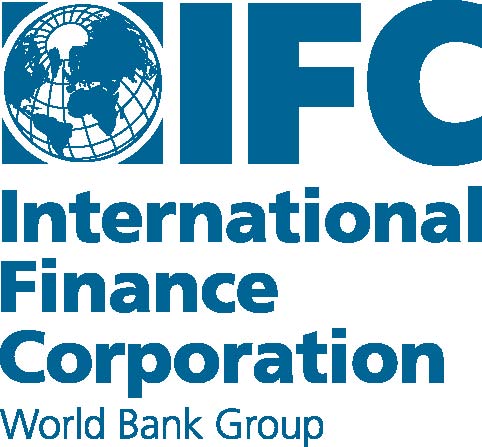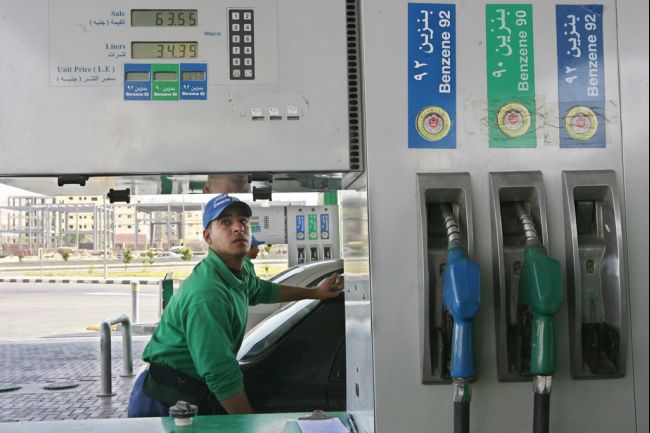CAIRO: Trading of funds will begin on the Egyptian Exchange within weeks, a move that will boost investment in much-needed transport and power infrastructure, the head of the exchange said on Monday.
Egypt’s transport network and utilities have failed to keep pace with fast population growth, damping its economic outlook. The government is eyeing up to LE 50 billion ($8.75 billion) of infrastructure projects in the next 18 months.
"We will have in the coming three years huge projects in infrastructure that will need financing, and the banking sector will not be able to provide all the finance needed," Egyptian Exchange Chairman Khaled Serry Sayam said at the Reuters Middle East Investment Summit in Cairo.
He said the capital market will be the only other option for financing major public-private partnership (PPP) infrastructure projects.
"I already have some information on the creation of new funds specializing in PPP projects and these funds could be listed on the bourse," he said. "In the coming few weeks, the first ETFs (exchange-traded funds) in Egypt will be listed."
Limited market gains
Political uncertainty is weighing on Egypt’s stock market as the country approaches a presidential election in 2011, blunting the effect of quickening economic growth. President Hosni Mubarak has not said if he will seek a sixth term in office.
The Egyptian pound reached its lowest level against the dollar since January 2007 on Monday, suggesting demand for Egyptian securities could be waning among foreign investors.
But Sayam said Egyptian equities were still seeing growing interest from abroad.
"I think the proportion (of investors on the Egyptian market) is the same — 20 to 25 percent foreigners — but we can say that on the majority of days they are net buyers," he said.
Sayam forecast one or two initial public offerings on Egypt’s main market by the end of 2010, and the small-cap Nilex exchange will include an estimated 40 companies by the end of 2011, up from 16 now.
Further liquidity would come when a derivatives market gets under way, likely in the second half of 2012, while the small secondary bond market, seen as vital to making fixed-income issuance more attractive for companies, should see progress in 2011, he said.
"I think we are ready in 2011 to see some good news about trading on the secondary market," said Sayam.
Sayam said Cairo was waiting for the London Stock Exchange to join it in a trading system enabling foreign investors to place buy or sell orders for shares on the Cairo exchange.
Officials had previously said the FIX system should be launched by mid-2010, starting with the link to London before connecting to other centers such as in the Gulf.
"I have talked to the head of the London bourse last week on the importance of accelerating the link process from their end," said Sayam. He said that the Egyptian bourse was ready for the process and was waiting for London to be ready.


